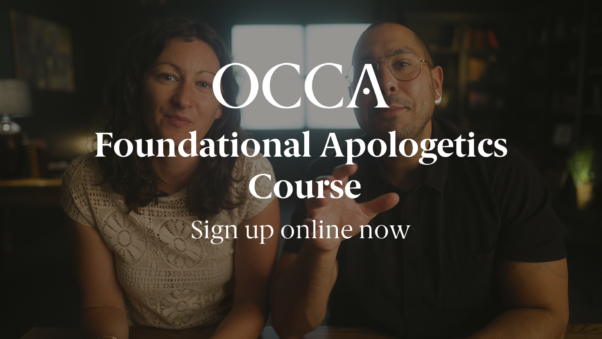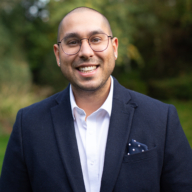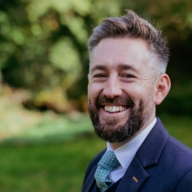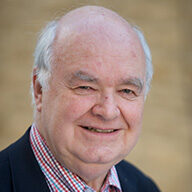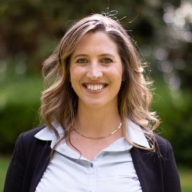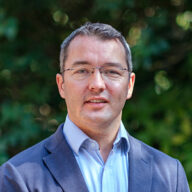Overview
The Foundational Apologetics course encourages and equips Christians to have natural conversations about their faith and to respond to the tough questions of our day.
Live contact times vary. Select the course date and time that works best for you.
This engaging and stimulating 10-week course is delivered online but retains the journeying-in-community element that has been central to OCCA over the last 20 years. Students will have access to filmed lectures and will gather online for weekly live, interactive seminars with their lecturers.
The course is part-time and can be accessed from anywhere in the UK and beyond. You don’t need any prior theological training to participate – the material is designed to be accessible and relevant for anyone who is looking to engage thoughtfully and meaningfully with questions about faith and today’s culture.
Topics include: Critical Thinking, The Existence of God, Science & Religion, Worldviews and Human Value.
Each session also focuses on a tough question, such as ‘Why isn’t God more obvious?’, ‘If Christianity is good, why has it caused so much harm?’, ‘Do science and faith mix?‘ and ‘How can anyone believe in a dead man rising?’ among many others.
What can I expect?
In the second part of the evening, the group will watch a pre-recorded talk on a Frequently Asked Question, such as: How can we have meaningful conversations about faith? Do science and faith mix? Why would a good God allow suffering? How can anyone believe in a dead man rising? The discussion time afterwards will explore the topic further and provide practical advice for tackling objections and questions that may arise.
- 16 pre-recorded lectures which form the basis for seminar discussions.
- 20 hours of contact time with lecturers, spread across 8 weekly seminars (with a break over half-term)
- One assignment to put theory into practice (including a short written reflection on a conversation)
- Attend at least 75% of the live contact time sessions and;
- Complete all prerequisite activities including watching all pre-recorded videos and completing the two assignments.

